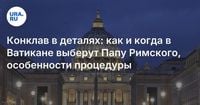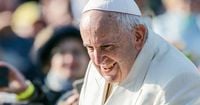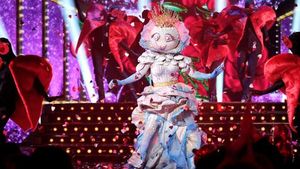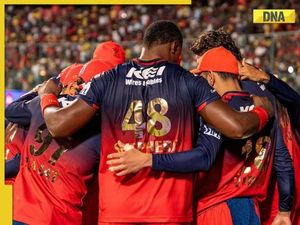Pope Francis's earthly journey came to an end on April 21, 2025, marking a profound moment of mourning for the global Christian community. The death of a pope not only signifies loss but also heralds the dawn of a new era, culminating in the election of his successor. The process for selecting the next Pope will commence on May 7, 2025, with all 133 cardinals who hold the power to vote already gathered in Rome.
On the morning of May 5, 2025, a general meeting was convened in the synodal hall at the Vatican, serving as a preparatory step for the upcoming conclave. The cardinals, who will elect the new Pope, are limited to a maximum of 120 eligible voters, all under the age of 80, a stipulation established by Pope Paul VI in 1971. The election itself will take place in the iconic Sistine Chapel, shrouded in secrecy, as the cardinals cast their votes twice daily.
The actual election process will begin following the funeral of Pope Francis, which is scheduled for April 26, 2025. Experts predict that the new Pope could be elected within two to three days, with a two-thirds majority required for a candidate to secure the papacy.
Among the potential candidates for the papacy are notable figures such as 69-year-old Matteo Dzuppi, the Archbishop of Bologna; 76-year-old Peter Turkson from Ghana; 72-year-old Joseph Tobin from Newark; and 68-year-old Mario Grek. Other contenders include 72-year-old Peter Erdo from Hungary, 65-year-old Fridolin Ambongo Bezungu from the Democratic Republic of the Congo, 79-year-old Robert Sarah from Guinea, and 76-year-old Raymond Burke from the United States.
As the conclave approaches, the Vatican is abuzz with speculation about its dynamics and the influence of various factions within the Church. Cardinal Pietro Parolin, the current Secretary of State, is seen as a strong candidate, given his extensive experience in diplomacy and his connections with the Italian government. He has been a prominent figure in Vatican diplomacy, particularly with regards to sensitive issues involving China and Ukraine.
On the other hand, Cardinal Matteo Dzuppi, known for his positive demeanor and close ties to Pope Francis, has also emerged as a leading candidate. Dzuppi is recognized for his role in peace negotiations, including efforts to mediate the conflict in Ukraine. His progressive stance may resonate with many within the Church seeking reform.
In contrast, Cardinal Erdo represents a more conservative viewpoint, appealing to traditionalists within the Church. His diplomatic skills and experience as the head of the Council of European Bishops Conferences could bolster his candidacy. Meanwhile, the younger Cardinal Luis Antonio Tagle from the Philippines, who has a significant following in Asia, is also considered a formidable contender.
As the cardinals prepare for the conclave, they are reportedly drawing inspiration from popular culture. Some have even watched the film "Conclave," directed by Edward Berger, which depicts the intricacies of the papal election process. This film, starring Ralph Fiennes as Cardinal Camerlengo, has resonated with the cardinals, many of whom are relatively inexperienced with the political protocols of the Vatican.
The conclave itself will be conducted under strict secrecy, with cardinals prohibited from using communication devices during the sessions. The atmosphere will be intensely private, with numerous safeguards in place to ensure confidentiality. The cardinals have taken oaths of secrecy, pledging to uphold the integrity of the election process.
As the world anticipates the emergence of white smoke signaling the election of a new Pope, the stakes are high. The outcome will not only shape the future of the Catholic Church but also influence its stance on pressing global issues, such as migration, social justice, and the Church's role in a rapidly changing world.
In the wake of Pope Francis's death, the Vatican has seen an influx of visitors and media attention, particularly with the presence of international leaders at the funeral. Among them was Ukrainian President Volodymyr Zelenskyy, who has maintained a relationship with Cardinal Parolin, seeking his assistance in various humanitarian matters related to the ongoing conflict in Ukraine.
Despite the serious nature of the conclave, the atmosphere has been punctuated by unexpected moments, including remarks from former U.S. President Donald Trump. Trump, who has identified as a Christian since 2020, humorously suggested he could be a candidate for the papacy, a statement that drew mixed reactions from the Catholic community.
The upcoming conclave represents a crucial juncture for the Catholic Church, as it navigates the complexities of modern society while remaining true to its core tenets. With a diverse array of candidates vying for the papacy, the election promises to be a significant event in the history of the Church, with implications that will resonate far beyond the walls of the Vatican.
As the cardinals gather to deliberate, the world watches closely, awaiting the moment when the smoke signals the choice of a new leader for the Catholic faithful. The final decision will reflect not only the aspirations of the Church but also the evolving landscape of global Catholicism.





